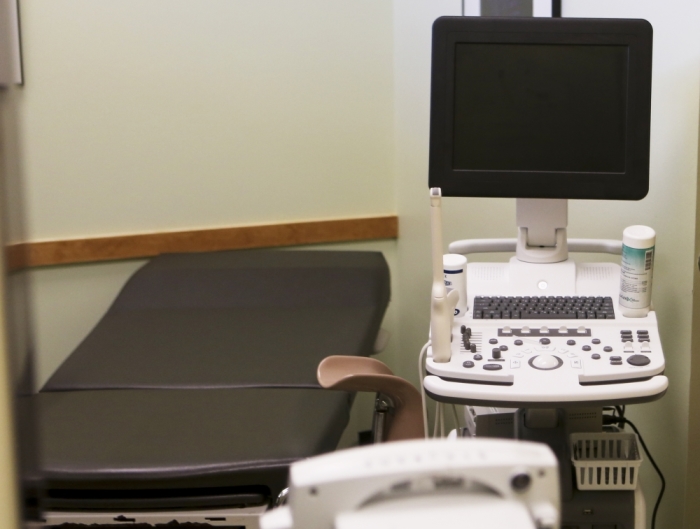Judge refuses to block Oklahoma law banning telemedicine abortions

A judge has refused to block an Oklahoma law banning telemedicine abortions, or abortions in which a doctor guides a patient via video conference through a medication-induced termination of pregnancy.
Oklahoma County District Judge Natalie Mai rejected a motion for a preliminary injunction on Oklahoma’s telemedicine ban, as well as another state law mandating that only physicians perform abortions.
Oklahoma Attorney General Mike Hunter said in a statement on Friday that the litigation against the laws was “extreme” and sought to “overthrow commonsense safety laws.”
“Abortion advocates used to say that abortion should be between a woman and her doctor, but now they are attempting to take the doctor out of the room, and out of the picture altogether,” stated Hunter.
“We look forward to our continued defense of these laws and others that have been enacted to protect Oklahoma women’s health and safety, as well as the dignity of the unborn.”
Hunter also labeled the judge’s decision “thoughtful” and believed that it “stays faithful to the U.S. Supreme Court’s repeated assertion that there is ‘no doubt’ that these types of laws are reasonable and constitutional.”
Last November, the Center for Reproductive Rights filed a lawsuit attempting to strike down the two Oklahoma laws, labeling them unnecessary.
Filed in the District Court of Oklahoma County, the suit also had among its plaintiffs Trust Women of Oklahoma City, a gynecologist who performed abortions, and an advanced practice registered nurse licensed to practice in the state.
“As clinics shutter across the country, telemedicine is a crucial way to keep services available,” said CRR President and CEO Nancy Northup in a statement released at the time.
“If we get these senseless laws off the books, we can expand abortion access in Oklahoma, which has very few abortion providers.”
Last July, a judge ruled against a request by the Trust Women Foundation for an injunction blocking implementation of Kansas’ ban on telemedicine abortions.
Shawnee County District Judge Teresa Watson stated at the time that the Trust Women abortion clinic had failed to show “that it or its patients will suffer irreparable injury in the absence of a temporary injunction for the period of time between now and a decision on the merits.”
“The Telemedicine Act does not authorize or prohibit any specific medical procedure. Rather, it clarifies that the same federal privacy protections afforded patients apply equally to care provided in person and via telemedicine,” concluded Watson last year.
“Because the Telemedicine Act does not limit or prohibit abortion in this state, Plaintiff’s constitutional challenge to Sections 6 and 7 of the Telemedicine Act in this context fails as a matter of law.”




























